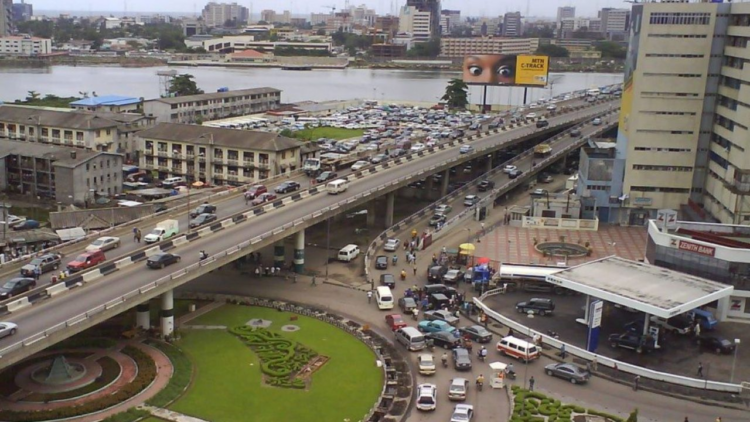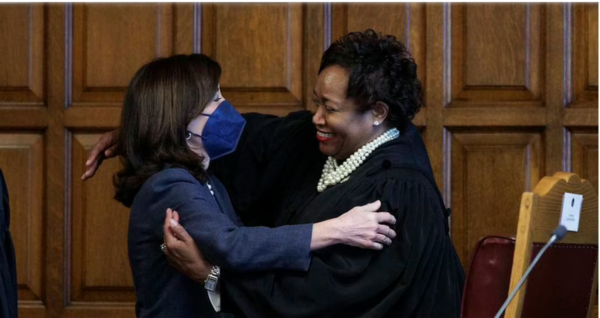Violence, forceful voting suppression, and Igbophobia in Lagos State’s 25 February 2023 Presidential and National Assembly elections and 18 March 2023 Governorship and State Assembly elections have generated concerns. In the run-up to the 2015 Presidential and Governorship elections in Lagos, the Oba of Lagos was described as threatening to drown the Igbos in the lagoon if they did not vote for him.
Nativism defends indigenous from invaders.
In many megacities across the world, nativism and cosmopolitanism clash. Nativism is the defense of natives against foreigners. Cosmopolitanism, which aspires to make people “global citizens” in a “universal community,” is the opposite.
In Nigeria’s megacities like Lagos, where Diaspora-oriented ethnic groups like the Igbos are disproportionally represented, the notion of a “universal community” is challenged by the country’s nation-building failures.

Igbophobia in Lagos has been misinterpreted as a Yoruba response to a purported Igbo allegation that Lagos is “No Man’s Land” in preparation for their takeover. Igbophobia in Lagos has always been a fear tactic by the Tinubu political machine, not a Yoruba-Igbo rivalry.
MC Oluomo weaponized Igbo takeover fear.
The goal was to prevent Igbos from influencing State elections. When Tinubu lost the state to Peter Obi’s Labour Party in the February 25 2023 presidential election, clout-seeking faux intellectual clowns like Femi Fani Kayode and Bayo Onanuga and their agbero enforcers like MC Oluomo reinforced and weaponized the Igbo takeover panic.
Every election cycle since 2015 in Lagos has also raised the issue of citizenship rights vs indigene rights. Nigerians have the freedom to “move freely across Nigeria and to live in any portion thereof” under Section 41(1) of the 1999 Constitution (as amended). Clause 43 gives citizens “the right to purchase and own immovable property wherever in Nigeria.” Citizenship rights.
These rights are not tied to indigene status in the constitution. The Constitution ignores the fact that nationhood is still contested nationwide, making host communities distrustful of foreigners. While it is not a known practice in any democracy that residents in communities must adopt the voting preferences of their host communities, we may have to revisit the “indigene-settler” dichotomy and consider whether the aspirational citizenship rights in our Constitution should be temporarily tinkered with to allay host community fears.

“Market dominating minorities” heighten the dread of being “suffocated” by non-indigenes. In her important book World on Fire: How Exporting Free Market Democracy Breeds Ethnic Hatred and Global Instability (2003), Chua examined the inherent tensions and ethnic conflict caused in many societies by “market dominant minorities” like overseas Chinese in Southeast Asia, Whites in Latin America and South Africa, Croats in the former Yugoslavia, Yoruba, Igbos, Kikuyus, Tutsis, Indian, and other minorities.
Market-dominating minorities increase fears of being “suffocated” by non-indigenes.
“As markets benefit the market-dominant few, democracy raises the political voice and power of the disgruntled majority,” she said. In an age of liberal democracy, Lagos’ nativism may be an issue of globalization. Lagos was merely politicized. The tension for Lagos’ Igbo is exacerbated by their achievement-oriented culture and their blatant celebration of accomplishment.
During election cycles in Lagos, politically-motivated nativists fuel Igbophobia, harming Lagos State and Bola Tinubu. Because we copy everything, from abduction to fashion, the Lagos model will spread across the nation. If the courts confirm Tinubu’s election as president, he would travel to Abuja, where he will be a non-indigene and where the indigenes have likely been studying the Lagos blueprint.
The militarization of nativism in Lagos sends bad messages to investors, like Dangote, Tony Elumelu, Jim Ovia, and Allen Onyema, that their projects beyond their ethnic homelands may be unsafe. The nativists’ effort raises concerns that a Tinubu administration, already plagued by scandals and controversies, would bring “gangster democracy” to Abuja, where thuggery, violence, and money drive elections.



